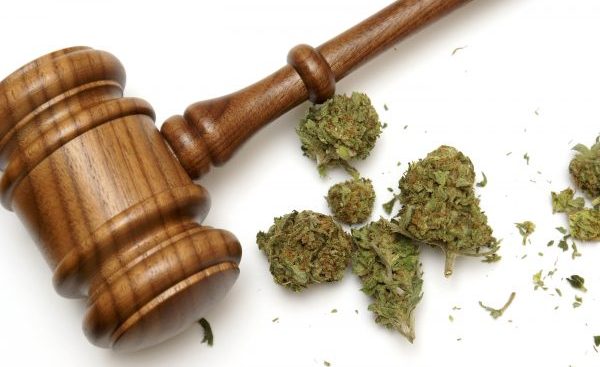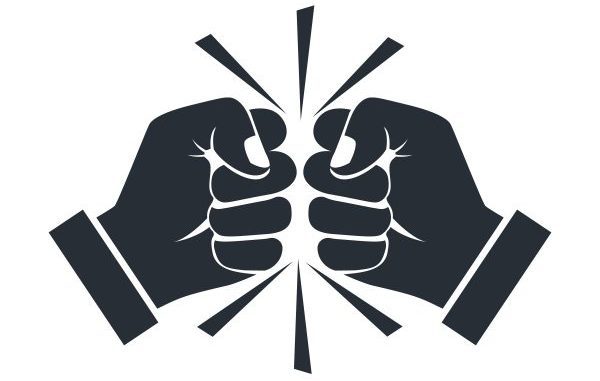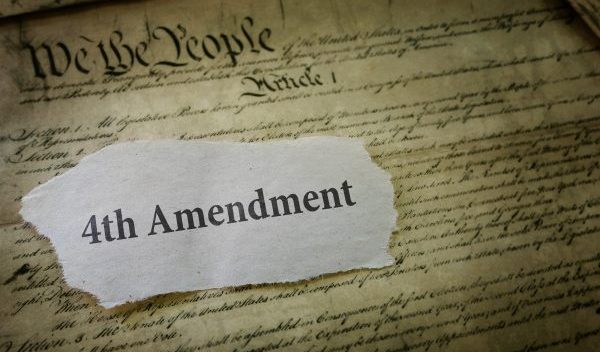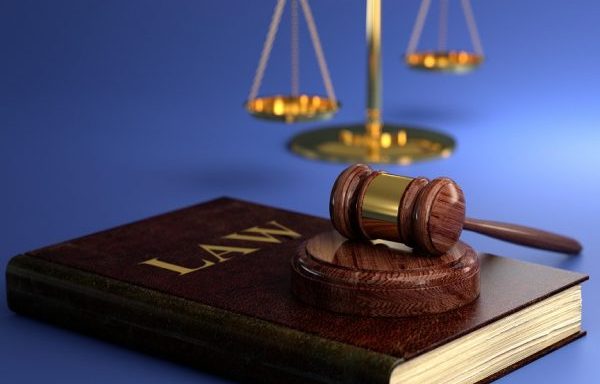After being convicted of a state criminal charge, a judge may sentence a defendant to probation in place of jail time. Being on probation is a much better outcome than jail, however, there are still strict terms and conditions that you must adhere to, otherwise, you face additional criminal charges, including incarceration. In addition to rules and restrictions, a judge can sentence you to other types of conditions, such as community service, victim impact panels, drug testing, and more.
Continue reading to learn the top 7 court orders you may face while on probation.
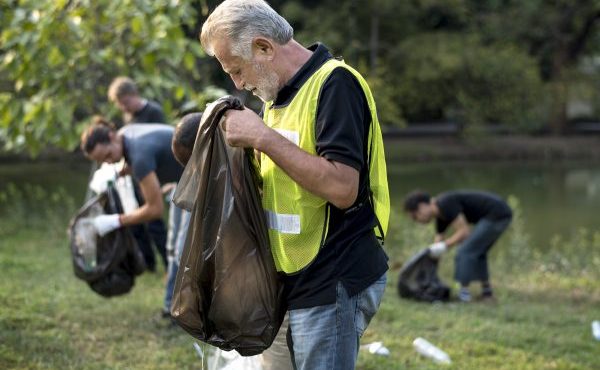
Probation Violation Lawyer 317-636-7514
➀ House Arrest
If a person is a habitual offender, or has committed a more serious misdemeanor, a judge may sentence them to home detention, also known as house arrest. A person on house arrest is strictly prohibited to leave the confinements of their home for a specified period of time; if they do, they face additional criminal charges. While on home detention, a judge may also require them to wear a GPS electronic monitoring bracelet, which supervises and records their whereabouts.
➁ GPS Electronic Monitoring Bracelet
GPS electronic monitoring bracelets, also known as ankle monitors, are a more lenient form of home detention. They are electronic devices that are worn around the ankle until the defendant is released from probation. It ensures that a defendant remains within the boundaries allotted to them by the court, which is usually just work, school, rehab, and home.
➂ Drug Testing
A person on probation is likely to be drug tested at any given time. Most often, it is a standard part of the probation process. A judge may order them more frequently for those convicted of a drug or alcohol-related crime. It is mandatory by law to submit to random or routine drug screening, chemical testing, or urine analysis if ordered by a court.
➃ Community Service
A common penalty, especially for less serious misdemeanors, is community service. This is basically mandatory, court-ordered volunteer work. If you have ever seen a group of people collecting garbage on the highway, or working at a local salvation store, they are likely community service workers. Most often, a person can choose their own type of work, and then a supervisor is appointed to record and sign off on their hours.
➄ Ignition Interlock Device (IID)
A common term of probation used for habitual drunk driving offenders is an ignition interlock device (IID, which is installed in a person’s car to stop them from driving while drunk. They lock a car’s ignition, until the driver breathes into the device, like a breathalyzer, and shows a BAC lower than 0.04 percent. If the offender has a BAC higher than 0.04%, the engine will not start and the device record and send the reading to the proper authorities. It can be considered a violation of probation, which leads to more criminal charges.
➅ Victim Impact Panels
For intoxicated driving charges, a defendant may be ordered to attend victim impact panels, which are basically public programs in which survivors, or family, of those injured or killed in drunk driving accidents, speak about their struggles and losses in an attempt to educate people about the extreme consequences of driving under the influence of drugs or alcohol.
➆ Alcohol / Drug Education
Another common court order of probation are mandatory alcohol and drug education courses or rehabilitation. These are often reserved for addicts, and offenders who have been charged with a drug or alcohol-related crime. Participants are ordered to show up to all classes on time, complete all assignments on time, and pass the course to satisfy the court orders successfully.
Recently Arrested for a Misdemeanor in Indiana?

David E. Lewis Attorney at Law 317-636-7514

